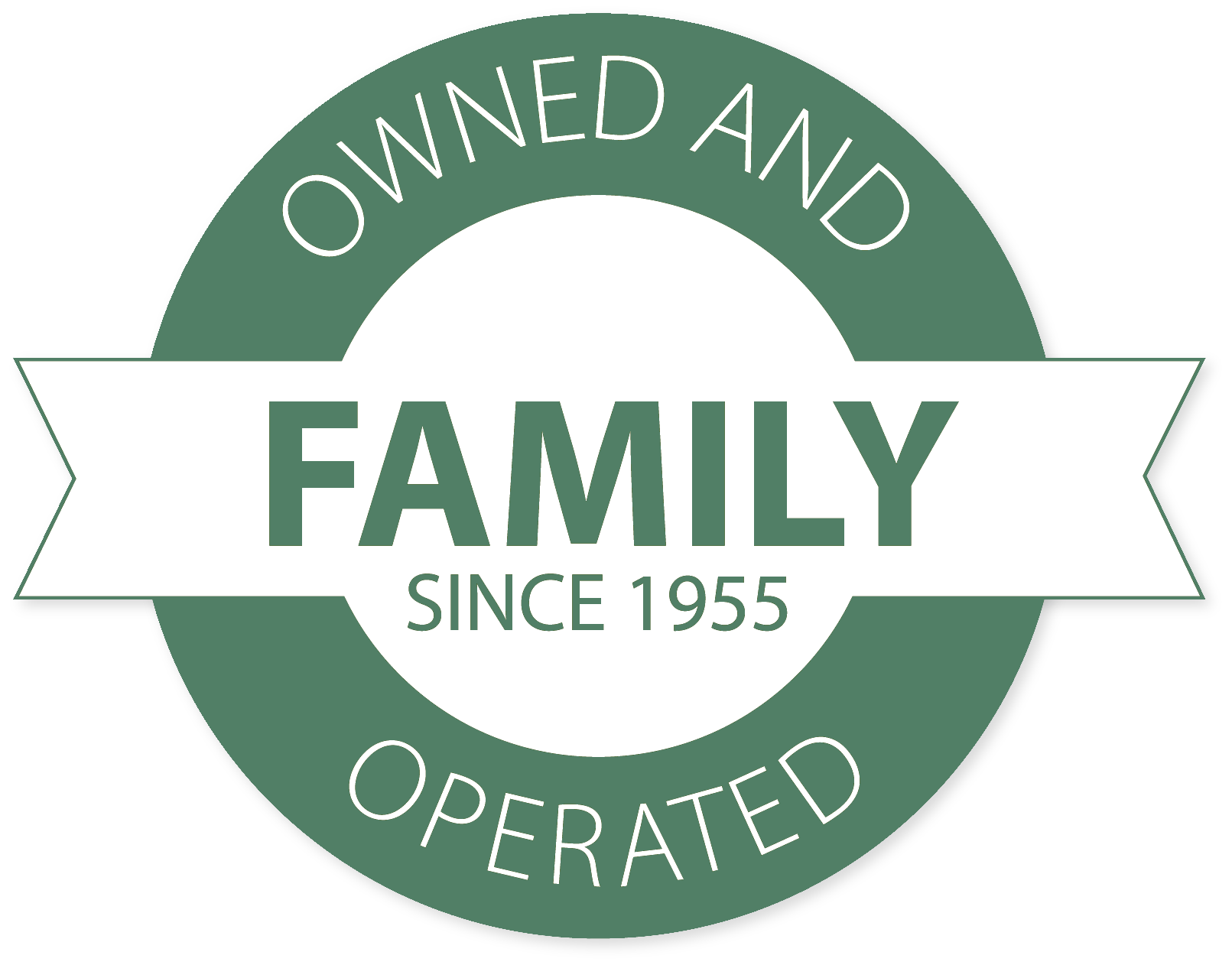
Four Pet Tips for the Fourth of July
This Fourth of July weekend is shaping up to be a beautiful one in West Michigan, and I’m sure many of you are planning to celebrate with family and friends at parties, picnics, parades, barbecues, and fireworks. These family activities with awe and beauty bring joy to many of us, but for your pets, it can be the most terrifying time of the year. “Pets are sensitive to loud noises, bright flashing lights, and strong smells,” says Dr. Steve McBride of Cascade Hospital for Animals. “All of these elements are present around July 4th, during fireworks shows that take place over a number of nights.”
Before you head out to enjoy the day, take a look at our four tips to keep your pets happy and healthy during the July 4th holiday.
1. Have proper identification on your pet (their collar with tags; consider a microchip as well).
Sadly, July 5 is the busiest day of the year for animal shelters as more pets go missing over the Fourth of July holiday than any other time of year. “My number one tip is to keep ID tags on your pet all the time and consider investing in a microchip as a secondary form of identification in case their collar falls off,” says Dr. McBride. “If your pet is missing or lost, an ID tag is often a pet's ticket back home.” Also, when using social media, make sure to have a picture of your pet to post if they become lost.
2. Reduce your pet’s anxiety
The many noises that accompany fireworks may contribute to your pet's erratic behavior. So it is important to try different tactics to distract your pet from all that is going on.
Brian, of Ada, Michigan, noticed his German Shepherd mix Dog, Jersey, really struggled with the sights and sounds. Initially a box fan running helped distract from the noise, but it was now losing its effectiveness. To help Jersey deal with her anxiety, Brian invested in a $25 white noise machine: “The hands down absolute best way we found to deal with [my dog’s anxiety was] getting a quality white noise machine," said Brian. "Her anxiety went away, and we can enjoy the festivities knowing that she is safe and calm.”
If a white-noise machine isn’t for your pet, you can try distracting your pet by leaving the TV on, giving your pet treats or a favorite toy or by applying constant, gentle pressure to their torso to soothe them (think of it as your own version of a Thundershirt), or even make space in your closet so they have somewhere to hide from it all. Dr. McBride adds that if nothing is working, you should follow up with your veterinarian. “This stress for the pet can be severe and in some cases, a mild sedative might be used to calm your pet," said Dr. McBride. "Your veterinarian will be able to customize the best plan that suits your pet, their anxiety level and their current state of health.”
3. Keep dogs and cats inside your home.
Even the most well-behaved pet should be kept indoors when fireworks are going off in your neighborhood. It may seem obvious, but even if your pet is used to being outside, the resulting panic caused by fireworks or other loud noises may make them break their restraint or jump a fence in a terrified attempt to find safety. If nature does call, make sure you accompany your pet outside, even placing a leash on them in your fenced-in yard as a secondary form of safety.
4. Avoid human insect repellents
Your pet may enjoy the fireworks as much as you do, only interrupted by those pesky mosquitos that hang around the festivities site. Don’t assume that what is good enough for you is safe for your pet too. Many human-safe insect repellents can be harmful to your pets. Most animals are really sensitive to DEET, a common insecticide ingredient found in mosquito repellents. If your pet is exposed or ingests this repellent, it can cause drooling, lethargy, vomiting, and even tremors, reports animal poison control center The Pet Poison Helpline.
As an alternative, consult with your veterinarian for a pet-friendly solution. A topical flea and tick product, such as Vectra, repels those flying critters.
If your pet is exposed to anything out of the ordinary, contact your vet or a pet poison hotline immediately. The Pet Poison Helpline (1-800-213-6680) charges $75 per call, and includes unlimited follow-up consultations. The ASPCA Animal Poison Control Center (1-888-426-4435) charges a consultation fee, and includes a follow-up consultation. Both hotlines are available 24 hours, 7 days a week.



